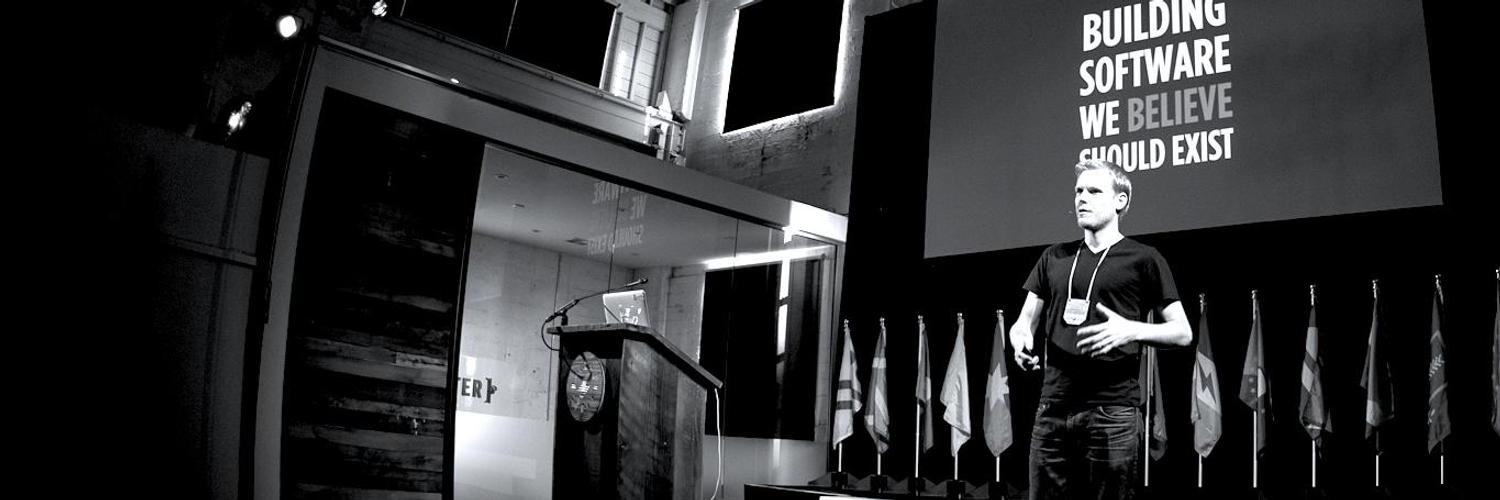Thoughts on Machiavelli's "The Prince"
I just finished reading “The Prince” by Niccolo Machiavelli. One of his more common themes is “the end justifies the means.” Seemingly, no matter what means necessary. So it’s not very politically correct to say the least.
I had heard lots of bits and pieces about him because his theories are often referenced in various news articles and business books. I was just curious what it was all about and it’s a relatively short little book, so I figured I’d read it.
A few thoughts…
The book is essentially a handbook for the head of a country, emperors, kings, or any other “prince” as he refers to them as.
By handbook, I mean, handbook on the acquisition and use of power. The principles he defines have practical application in almost any other situation dealing with power and authority. Some can be seen played out in our democratic politics and business structures of today. So it makes for an interesting read.
Since this blog is about business, I’ll try to keep my comments inline. How does any of this fit into business?
He strongly discourages the use of mercenaries (foreign soldiers who are paid to fight in your army). Mercenaries seem great until they’re truly tested. When the battle gets tough, their loyalties are with their own, not with their hired boss. Also, in the cases where they are successful in battle on your behalf, you are endebted to them and they may keep the conquered lands for themselves.
This is akin to outsourcing in today’s businesses. It’s not fair interpret that to mean that all outsourcing is bad. However, in other ares of the book Machiavelli says that the primary occupation of a prince is “war.” So it makes sense to translate that to outsource your primary occupation or business function is not good. Businesses need to understand what their primary business is, and where their “value-added” happens. If that central function is outsourced, then they’re just asking to eliminate themselves from the chain of power. Well, one could say for example that a company like Apple who outsources most of their manufacturing to China is breaking that rule. The assumption there is that they’re a manufacturer… but they’re NOT. Their primary business function is design. There are efficiencies to be gained from outsourcing. But, business have to clearly understand what business they’re in, and be sure to keep that function “in-house.”
Machiavelli understood the rallying power of setting out to accomplish great things. He mentions that in order to become an esteemed prince one should “embark on great enterprises and give rare proofs of his ability.” He understood the concept of people wanting to ally with people who are setting out to do something big. People love worthy causes and big projects where they feel they can contribute.
Machiavelli also reaffirms my previous post about the power of surprise and the story-telling that occurs as a result. He says to “resort to unusual and distinctive acts in civil matters… when someone does something extraordinarily good or bad in civic life, he should reward or punish him in a manner that will arouse considerable comment.” Providing a story worth telling is a powerful way to disseminate information.
One last point I want to mention is what he says about how the strength of a principality should be measured. To summarize, he says that a principality needs sufficient power and resources to stand on their own when the need arises, or whether they will always require the protection of others. This could be translated to business that they need adequate funding and resources to get through the tough times. For start-ups, this means having the resources necessary to get through the launch phase.
Those are some lessons from Machiavelli that have practical application to businesses.
